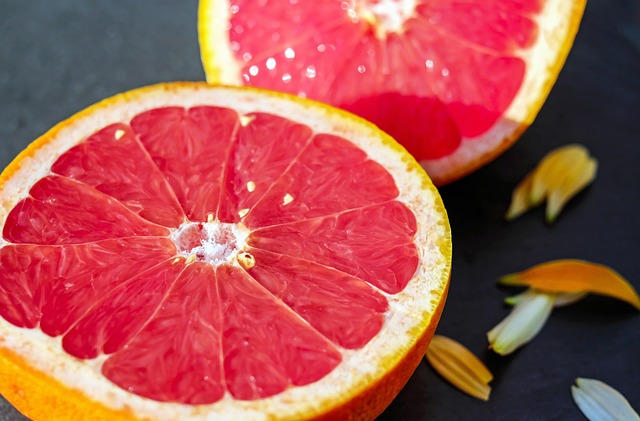Probiotic Supplements vs. Foods: Which Is Better for Your Health?
If you’ve been keeping an eye on the latest health trends, you’ve probably heard of probiotics. These friendly bacteria are known for supporting a healthy gut, boosting the immune system, and even improving mental health. But when it comes to getting your daily dose of probiotics, should you turn to supplements or food sources?
Understanding Probiotics
Probiotics are living microorganisms that are found in fermented foods and supplements. These beneficial bacteria are known to improve gut health by colonizing the intestinal tract with a diverse mix of bacteria. Some of the most well-known strains of probiotics include lactobacillus, bifidobacterium, and saccharomyces.
While our bodies naturally produce probiotics, our modern diets and lifestyles can disrupt the delicate balance of beneficial bacteria in the gut. Factors such as stress, antibiotics, and a diet high in processed foods can all contribute to an imbalanced microbiome. This is where probiotics come in – they can help to restore balance and improve digestive health.
Probiotic Supplements
Probiotic supplements are becoming increasingly popular, and for good reason. These supplements typically contain high doses of specific strains of probiotics, which can be beneficial for targeting specific health concerns. For example, lactobacillus acidophilus has been shown to improve lactose intolerance, while bifidobacterium lactis can improve symptoms of irritable bowel syndrome.
When choosing a probiotic supplement, it’s important to look for a high-quality product that contains strains that have been clinically studied. Look for supplements that have been tested for purity and potency, and check the label to ensure that the supplement contains live organisms.
One downside of probiotic supplements is that they can be expensive. However, the convenience of taking a daily capsule may be worth the cost for some people. Additionally, not everyone may be able to tolerate certain types of probiotic supplements, so it’s important to talk to a healthcare provider before starting a new supplement regimen.
Probiotic Foods
Fermented foods are a great natural source of probiotics. Some popular fermented foods include yogurt, kefir, sauerkraut, kimchi, and miso. These foods contain a variety of live bacteria that can help to restore balance in the gut.
One advantage of getting probiotics from food sources is that they often come packaged with other beneficial nutrients. For example, yogurt and kefir are good sources of calcium and protein, while sauerkraut is high in vitamins C and K. These extra nutrients may be particularly beneficial for individuals who are deficient in certain vitamins or minerals.
However, one drawback of relying solely on probiotic foods for your daily dose of beneficial bacteria is that it can be difficult to get enough of certain strains. Some fermented foods may contain only a few strains of probiotics, and the amount of live bacteria can vary depending on how the food was prepared and stored.
Conclusion
So, which is better for your health – probiotic supplements or foods? The answer is that it depends on your individual needs and preferences. Probiotic supplements can be a convenient way to get a high dose of specific strains that have been shown to be beneficial for certain health conditions. On the other hand, probiotic foods provide a natural source of probiotics that come packaged with other beneficial nutrients.
The best approach is likely a combination of both supplements and foods. Incorporating more probiotic-rich foods into your diet can be a great way to support overall health, while probiotic supplements can be used to target specific health concerns or to maintain gut health while traveling or taking antibiotics.







